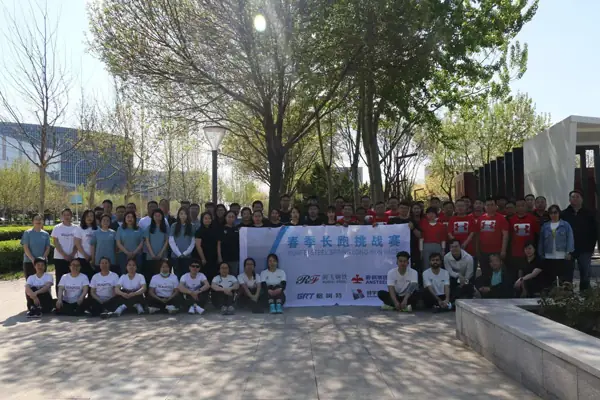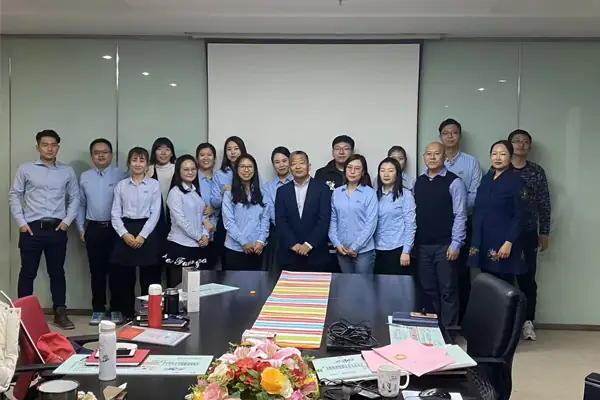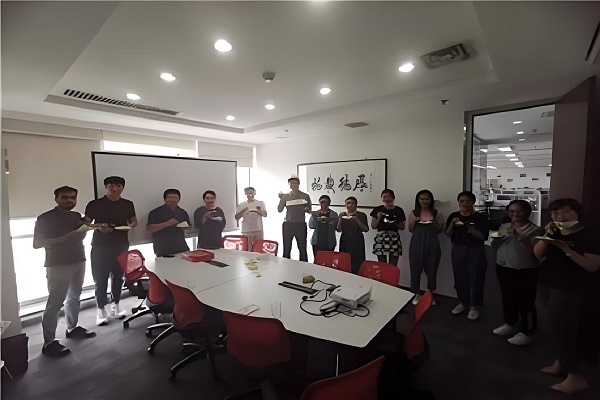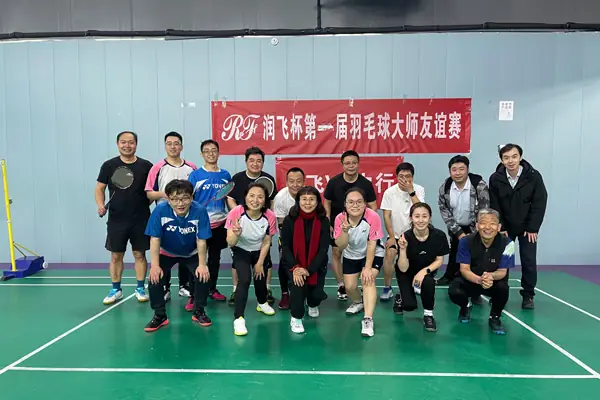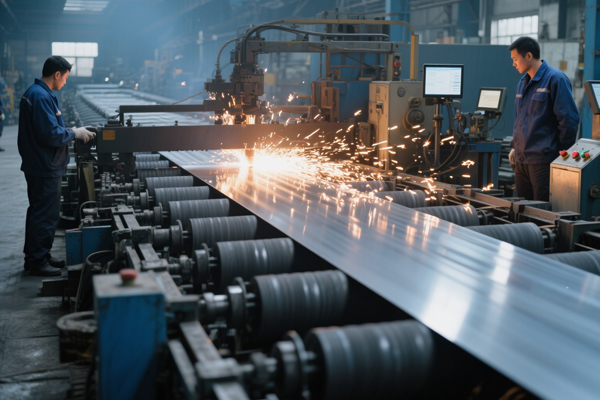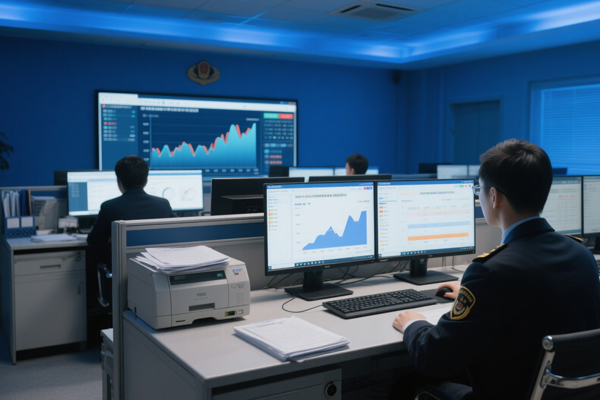Chinese steelmakers are finding ways to bypass tariffs in countries like Indonesia and Turkey by exporting semi-finished steel products. This strategy helps them avoid barriers against inexpensive Chinese metal, but it’s causing concern in Beijing due to a surge in low value-added exports, according to a Reuters report.
The surge in Chinese steel exports has led to a wave of protectionism around the world. To counter this, Chinese exporters are shifting to supplying steel billets, which typically face lower tariffs. Thomas Gutierrez, head of data at Kallanish Commodities, pointed out that this trend started last fall. He noted that whenever exporting billets is profitable, Chinese manufacturers will continue to do so.
According to customs data, the top five destinations for Chinese steel billets include Indonesia, the Philippines, Saudi Arabia, Italy, and Turkey. These countries impose tariffs on certain rolled products but not on billets. The relatively low trade barriers for steel billets compared to rolled products have led to a rapid increase in their exports, as noted by Mysteel analysts. Some of this demand is met through transshipment, where Southeast Asian countries import and process Chinese semi-finished products before re-exporting the steel to Europe and the US.
In the first five months of this year, China’s steel billet exports soared more than threefold year-on-year to 1.37 million tons.
Meanwhile, the China Iron and Steel Association (CISA) has advised the government to restrict such exports to focus on higher value-added products. A corresponding statement was published last month. According to sources, Beijing is considering imposing export duties on billets.
Since January of last year, various countries have initiated 38 anti-dumping investigations against Chinese steel. However, Vietnam and South Korea, which are leading trading partners of China, have imposed tariffs on certain metal products from China, citing harm to local producers.
As previously reported by GMK Center, Chinese steel enterprises increased steel exports by 9.2% in January-June 2025 compared to the same period in 2024, reaching 58.15 million tons.
The strategy of exporting semi-finished steel products has allowed Chinese steelmakers to impose tariffs and maintain their competitive edge in global markets. However, this approach has raised concerns in Beijing about the focus on low value-added exports. As global protectionism continues to rise, Chinese steelmakers are likely to face increasing scrutiny and potential trade barriers. The consideration of export duties on billets by Beijing indicates a shift towards promoting higher value-added steel products. This move could help balance the trade dynamics and reduce the impact of anti-dumping measures from other countries.
https://gmk.center/en/news/chinese-steelmakers-are-using-a-new-way-to-get-around-tariffs
Chinese steelmakers are using a new way to get around tariffs.

